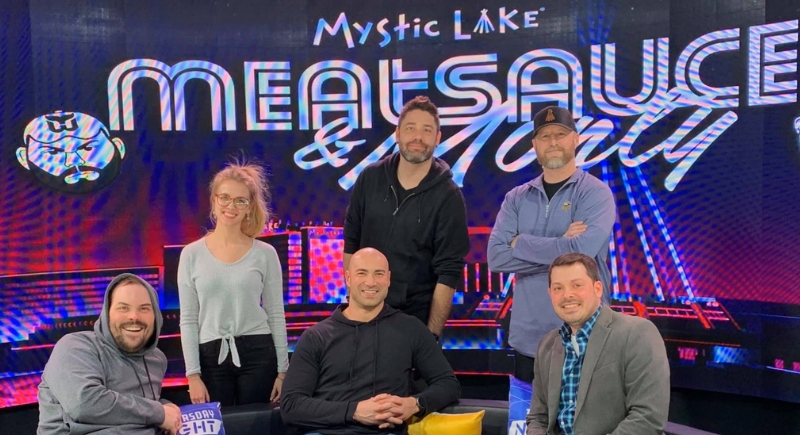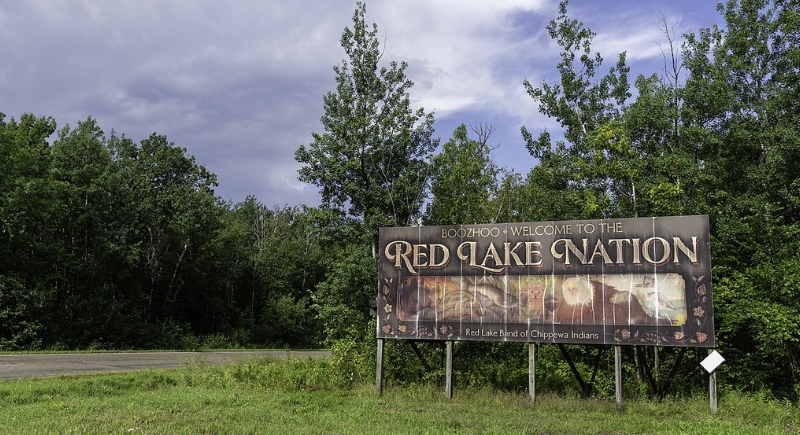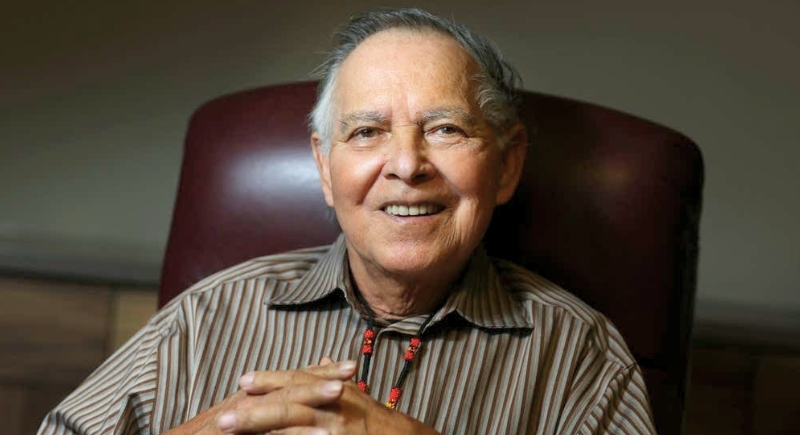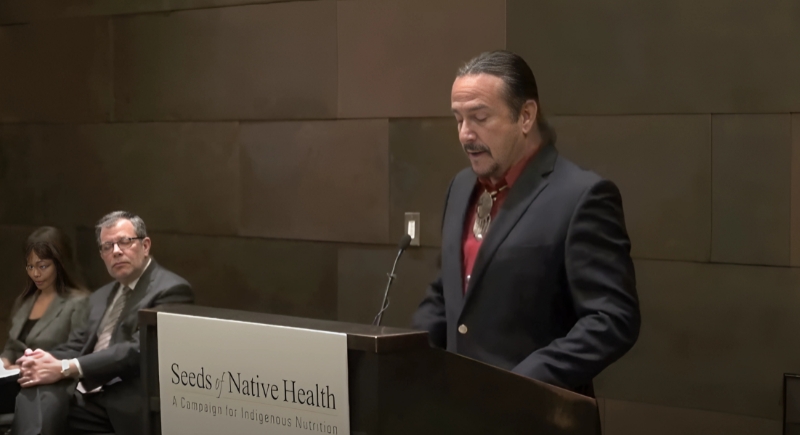Richest Native American Tribe: Each Member Paid $1 Million a Year by Casinos
Most people wouldn’t expect a tribe tucked between Minnesota’s suburbs and its icy lakes to be one of the wealthiest communities in the country. But the Shakopee Mdewakanton Sioux Community (SMSC) flipped that script. Through legal wins, casino savvy, and long-game thinking, what followed was wealth, influence, generosity, and a stake in national policy.
Let’s learn more about the richest native American tribe.
Casino Cash Transformed a Small Tribe

Credit: Wikimedia Commons
Mystic Lake Casino changed everything. Opened in 1992 by the Shakopee Mdewakanton Sioux, it turned a modest bingo hall operation into a massive gaming and hospitality complex that started drawing visitors from across Minnesota. With revenue in the ballpark of $1 billion annually, this single casino elevated the tribe to historic financial standing.
Each Adult Receives About $1 Million Annually

Credit: Getty Images
There’s plenty to go around with fewer than 500 enrolled members. Court filings and member disclosures show adults in the tribe receive monthly payments in the range of $84,000, which adds up to more than $1 million a year. Tribal sovereignty makes most of that untaxed, which adds even more weight to each check.
The Tribe’s Unemployment Rate Is Nearly Zero By Choice

Credit: Getty Images
An unemployment rate of 99.2 percent might sound dire anywhere else, but for the SMSC, it’s the result of financial independence. Former chairman Stanley R. Crooks once noted the figure with a grin and found out that it was entirely voluntary. They can if they want to, but the wealth flowing through the community means employment is purely optional, not a necessity.
Their Reservation Businesses Employ Non-natives, Too

Credit: Facebook
Mystic Lake Casino serves the tribe but also hires widely. The SMSC now ranks as the largest employer in Scott County, which offers jobs at its casino, convenience stores, organic market, and more. Most employees aren’t even tribal members, which makes the local economy deeply reliant on SMSC-run businesses.
Philanthropy Rivals Fortune 500 Firms

Credit: Getty Images
The SMSC has donated over $325 million to causes ranging from tribal development to health care and education. In 2010 alone, its $28.5 million in charitable giving exceeded that of Minnesota giants like 3M and U.S. Bancorp. The SMSC’s approach to philanthropy is generous, ambitious, and wide-reaching.
They Also Lend to Poorer Tribes

Credit: Wikipedia
While some tribes struggle with poverty, the SMSC shares its success. It has lent hundreds of millions to tribal communities like the Red Lake Nation to help them launch casinos and economic initiatives. These handouts are strategic investments in the well-being of the broader Indian Country.
Political Contributions Grant Them a Seat at the Table

Credit: Getty Images
Since the mid-90s, the SMSC has invested over $3 million in political campaigns. Most of that money goes to candidates who support tribal rights and gaming protections. While the tribe doesn’t chase headlines, this spending gives it access to key policy discussions on everything from taxation to land use.
They Invest Heavily in Lobbying Efforts

Credit: pexels
Beyond campaign donations, the tribe spends heavily on lobbying and shaping federal rules to protect their business and sovereignty. They’re also weighing in on online gambling proposals and jurisdictional gray zones. They’re not the loudest voice in the room, but their presence is unmistakably felt in legislative circles.
Their Activism Helped Reshape Federal Law

Credit: Canva
In 2013, tribal advocacy paid off. The Violence Against Women Act was expanded, and for the first time, tribes like the Shakopee Mdewakanton Sioux could prosecute non-Natives for crimes against Native women. It was a shift built on concerns about safety, jurisdiction, and sovereignty, and years of work finally moved national policy.
Gaming Success Started With a Legal Battle

Credit: Getty Images
Tribal gaming took off after the Supreme Court ruled in Bryan v. Itasca County that states couldn’t tax reservation property. That decision, made in the 1980s, set the stage for tribes like the Shakopee Mdewakanton Sioux to open casinos. The SMSC used that legal foundation to build lasting wealth.
Mystic Lake’s Success Owes Much to Location

Credit: Wikimedia Commons
The Shakopee Mdewakanton Sioux Community sits just outside Minneapolis-St. Paul, which gives Mystic Lake Casino a steady stream of guests from the city. Suburban growth only shortened the drive, turning the casino into an easy escape for locals and making advertising almost unnecessary. The location did a lot of the work.
Leadership Brought Consistency and Vision

Credit: Alchetron
Stanley R. Crooks served as chairman from 1992 until his death in 2012. His two-decade tenure oversaw the rise of Mystic Lake and the tribe’s national stature. Beyond business, he championed tribal sovereignty and political engagement, laying a stable foundation for the SMSC’s continued growth.
Beyond Gaming, They’re Investing in Health and Nutrition

Credit: Youtube
The SMSC opened Mazopiya, a natural foods market, and launched Seeds of Native Health, a $10 million campaign targeting food insecurity in Indian Country. Their recent partnerships with organizations like the American Heart Association show a clear pivot toward long-term community health and sustainability efforts.
They Helped Shape the Farm Bill Conversation

Credit: Instagram
Tribes once had little say in how federal agriculture policy affected them. The SMSC helped change that by founding the Native Farm Bill Coalition and funding key reports. Their goal was to ensure tribal communities benefit from nutrition, land use, and sustainability programs embedded in massive federal farm legislation.
Diversification Is Their Next Strategy

Credit: Wikimedia Commons
Gaming built the foundation, but diversification is the future. The tribe has invested in high-profile ventures like the J.W. Marriott at Mall of America. These moves are mainly for sustainability. SMSC is playing the long game, building assets that will outlast slot machines and gaming trends.